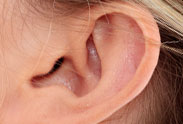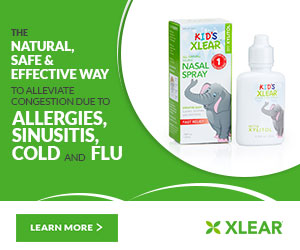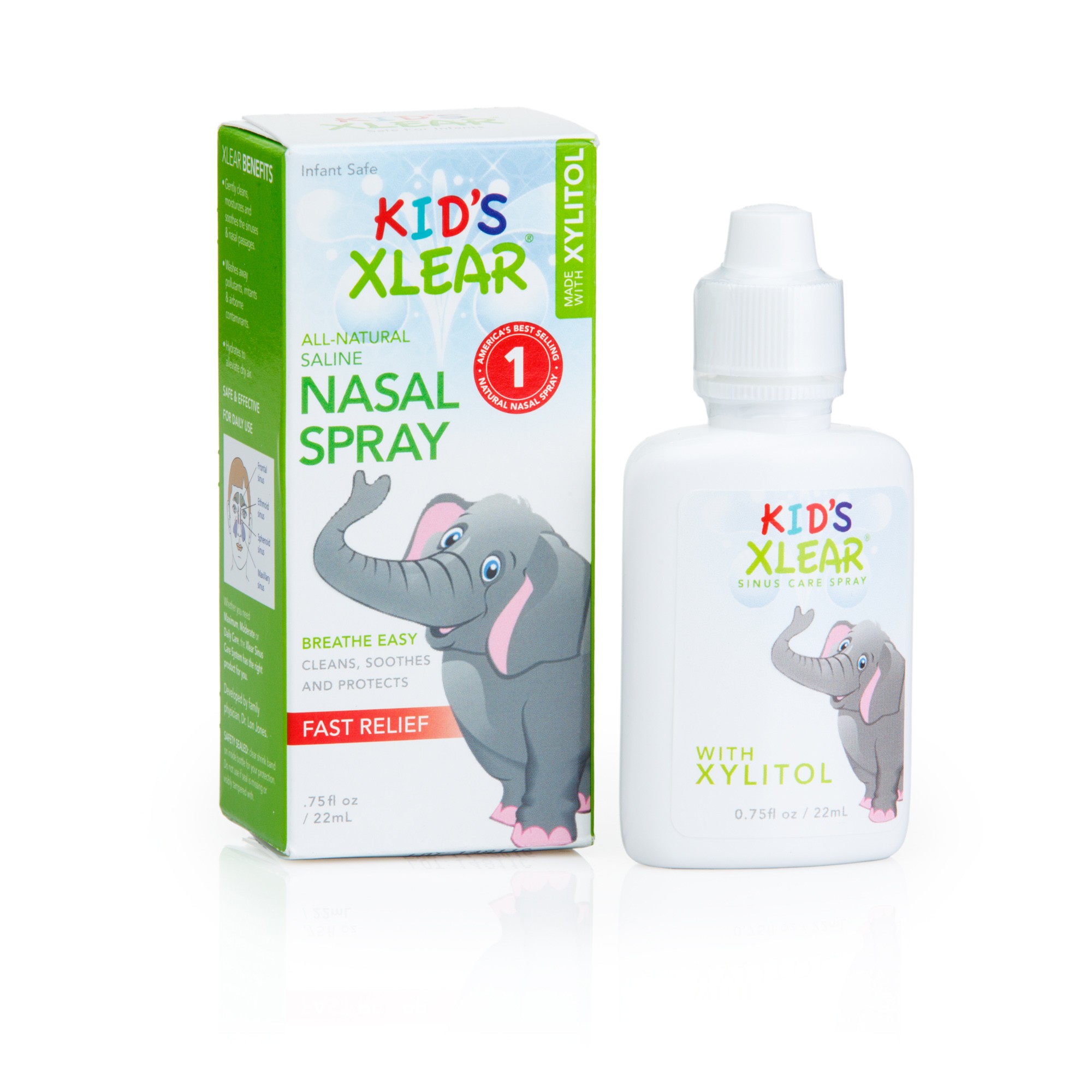Grandmother: Jerry Bozeman
Grandfather: Lon Jones D.O.
Infant: Heather
Once upon a time there was a lovely, loving, but frustrated grandmother who was threatening to kidnap her 6 month old granddaughter to save her from her doctors. They were continuing the conventional practice of medicine in treating her ear infections. She had already had several rounds of antibiotics and surgical placement of ventilation tubes was going to be the next step. The child’s father had suffered similar problems and had the tubes inserted as a child and developed tinnitus from it. But that wasn’t the reason grandmother was upset.
She was also a special education teacher who had observed a common element come to the surface in annual ARD (Arrival, Review and Dismissal) meetings with parents and staff that were held yearly for every child that received special education services. Nearly 100% of the children had suffered from repeated ear infections and had tubes placed in their eardrums, and in many of them the problem was ongoing. She felt this one common denominator was an important key to subtle learning and hearing problems that affected school performance. She was close to panic when she saw such a future for her granddaughter. Since then a raft of other problems have been linked to early ear infections: ADHD and autism, as well as the learning problems grandma knew about first hand. It is becoming clear that proper hearing affects the developing brain in many ways. Her husband, grandpa, was a physician who showed up at this time with the reason why this connection exists. As he explains it, ear infections occur in the middle ear, the home to the many small bones that transmit sound from the vibrating ear drum to the brain. Fluid is secreted into this area every time there is an infection in order to help wash it out. But when the infections become chronic the fluid is there all the time, and it gets thicker, and the bones are not as effective in carrying the sounds to the developing brain. And Grandmother knew about the developmental windows that open as the brain develops where it is set for optimal learning of a task; the one for learning sounds closes at about age two. That’s the same window that most ear infections happen!
 These factors are enough that even conventional doctors are now accepting the fact that recurrent ear infections are not the innocuous rite of passage they had been considered; we need to prevent them. Jerome Klein M.D., who goes by Jerry, the coauthor of the standard medical textbook on the subject, Otitis Media in Infants and Children, told Lon in 2010: “You tell your people that this Jerry agrees with your Jerry.” Not being a run-of-the-mill conventional doctor the usually mild mannered grandmother approached him with a direct challenge. She said: “If you really loved children you would find a way to prevent this problem. There has to be a simple treatment for such a common and persistent illness.” She felt he could find it because he really did love children and he didn’t think like your routine doctor. Before going to medical school he got a Master’s degree in the history of science and ideas; that’s why he thought differently.
These factors are enough that even conventional doctors are now accepting the fact that recurrent ear infections are not the innocuous rite of passage they had been considered; we need to prevent them. Jerome Klein M.D., who goes by Jerry, the coauthor of the standard medical textbook on the subject, Otitis Media in Infants and Children, told Lon in 2010: “You tell your people that this Jerry agrees with your Jerry.” Not being a run-of-the-mill conventional doctor the usually mild mannered grandmother approached him with a direct challenge. She said: “If you really loved children you would find a way to prevent this problem. There has to be a simple treatment for such a common and persistent illness.” She felt he could find it because he really did love children and he didn’t think like your routine doctor. Before going to medical school he got a Master’s degree in the history of science and ideas; that’s why he thought differently.
He began his search by studying everything he could on ear infections and came across a report from a study in Finland showing that ear infections in children were reduced by chewing gum with xylitol in it; they chew a lot of this gum because the xylitol prevents tooth decay. He happily reported that to his wife and although grateful for his research efforts she did mention that the child might be deaf before she had teeth and could chew gum. He slept on the problem and the next day returned home with a nasal spray prepared by his local hospital pharmacy to spray into her nose. Since all upper respiratory infections start from germs in the nose, and since the Finnish doctors said the xylitol worked on the bacteria, he decided to put the xylitol at the source of infections. Mom and Dad were to spray Heather’s nose before every diaper change. Ear infections went away; returning once when a new person was hired at day care that didn’t know about the routine. That was corrected and ear complaints disappeared. After a month or two Dad suggested that the spray was so good they ought to patent it. So they did.
Granddad started using it at the office. Ten kids came to his office, whose grandparents heard about Heather, with the same problems and their parents got the same recommendation. A year later he followed up on them and found that ear complaints had dropped by more than 90%. The hospital EMT’s and nurses started asking for the spray he was using on the kids because they were getting well. Grandmother took it to school for teachers to use since they are plagued with sinus problems because of their close contact with talking, sneezing, laughing and coughing children. They all improved. The local health food store began selling it and couldn’t keep it in stock. The farmers and ranchers loved it and would carry a bottle in their shirt pocket to keep the ever blowing West Texas dust out of their noses.
Granddad and grandmother named the spray “Xlear”. The “Xl” is in honor of the Finn’s leadership and use of xylitol, as well as their pronunciation. Their ‘x’ is pronounced like a soft ‘k’ so Xlear is pronounced “Clear”. The ‘ear’ of Xlear is why it was developed and clear is what it does in the nose. They thought it was a pretty fitting name. That’s how it started. Soon enough, within a year, grandma and grandpa realized that the spray was not just for infection related problems, but worked to clean the nose.
Granddad went to the FDA twice. The first time was early on and went something like:
―“I have a really neat way to clean the nose.
FDA: “We don’t have a category for nose cleaning. What does that do?”
Granddad: “All the problems that start in the nose are better if your nose is clean; ear and sinus infections, allergies, and asthma, they all start in the nose, and they are all better if the nose is clean.”
FDA: “Then it’s a drug.”
 So he went to the pharmaceutical companies. Their initial interest evaporated when they realized that they could not control xylitol because it is widely available as a food. No control meant no drug scale profits. No profits, no interest. So he went for legal advice. “Sell a nose wash,” was the advice of a lawyer who used to work with the FDA. With the help of America’s health food stores that’s what they did. In 2004 the spray was awarded BEST NEW NATURAL MEDICINE by that group’s leading trade journal.The second time he went to the FDA was to help researchers interested in the spray who all seemed to want FDA approval before they would do any studies. He ran into so many road blocks that he sought legal advice again. Two separate lawyers in the two largest Washington D.C. drug issue firms advised him to keep doing what he was doing, which is selling a nose wash. Without FDA approval the manufacturers of the spray cannot tell people that it does what it does for ear and sinus infections as well as allergies and asthma. What they can sell is a nose wash, they call it soap for the nose, or “A Xlear nose is a clear nose.” And they can tell people the medical benefits of a clean nose; those aren’t drug claims–it’s just common sense, like washing your hands.
So he went to the pharmaceutical companies. Their initial interest evaporated when they realized that they could not control xylitol because it is widely available as a food. No control meant no drug scale profits. No profits, no interest. So he went for legal advice. “Sell a nose wash,” was the advice of a lawyer who used to work with the FDA. With the help of America’s health food stores that’s what they did. In 2004 the spray was awarded BEST NEW NATURAL MEDICINE by that group’s leading trade journal.The second time he went to the FDA was to help researchers interested in the spray who all seemed to want FDA approval before they would do any studies. He ran into so many road blocks that he sought legal advice again. Two separate lawyers in the two largest Washington D.C. drug issue firms advised him to keep doing what he was doing, which is selling a nose wash. Without FDA approval the manufacturers of the spray cannot tell people that it does what it does for ear and sinus infections as well as allergies and asthma. What they can sell is a nose wash, they call it soap for the nose, or “A Xlear nose is a clear nose.” And they can tell people the medical benefits of a clean nose; those aren’t drug claims–it’s just common sense, like washing your hands.
Since grandpa practiced full time as a physician and grandmother was a psychotherapist in private practice as well as a special education school counselor they licensed the name Xlear and the patent to a son who started Xlear Inc. of Utah. He soon added other xylitol products and a whole line of Spry dental products to prevent the tooth decay problems known about before we ever started. Xlear Inc. is now the leading manufacturer and marketer of xylitol products in the U.S., to say nothing of the service they provide educating the public about xylitol. And the importance of education can’t be minimized.
Grandma and Grandpa tell the story of Sara Jo Baker and her experience educating about soap and water a century ago―and they like to dwell on the similarities between her experience and theirs. Dr. Baker worked for the New York City Public Health Department. Her area of the city was Hell’s Kitchen where they were plagued with both cholera and dysentery. It was Dr. Baker who caught “Typhoid Mary” twice and finally helped get her to safe keeping so that she couldn’t continue to spread her typhoid germs to the families for whom she cooked. Dr. Baker dealt with these epidemics by going into the public schools and educating the girls, who were also caring for their younger siblings while mothers worked. These epidemics are continued by fecal contamination and caring for babies played a significant role in their spread. Dr. Baker taught the girls the importance of washing their hands frequently as they cared for the babies. The epidemics subsided. That’s when a group of Brooklyn pediatricians petitioned the mayor to stop Dr. Baker’s program because the lack of sick children was hurting their practices. Dr. Baker tells this story in her book, Fighting For Life.
Things haven’t changed much over the intervening century; the grandparents still find lots of doctors profiting from allergy testing and upper respiratory problems who choose not to look at preventives. So they tell their story and hope that sometime it will go viral, because if these problems are prevented millions of lives will be saved–and they can be prevented. Not only that, but the success of their nasal spray invites us to think differently about how we treat our bodies.

That is the message in their book, The Boids and the Bees: Guiding Adaptation to Improve our Health, Healthcare, Schools, and Society, published by the Institute for the Study of Coherence and Emergence in 2009. It outlines the paradigm shift they see we need that recognizes humans as the adaptive organisms we in fact are, rather than the mechanical contrivances they are considered to be in current thinking and practice. In this book they also tell how this kind of thinking got a big boost because of their nose wash.
As developers of this spray one of the most common questions people ask is how often to use the spray. They say it’s not a simple answer because it depends on your environment. if you live in the wilderness you probably don’t need it. If you live in a modern centrally heated and cooled home and work in a similar office you need it regularly because your normal cleaning system doesn’t work well when the humidity is less than the optimal 40 to 60%. If you have a problem you may need it even more often. One health food store owner, when confronted with a person asking for help with a congested nose, gives them a bottle and sends them to the back room telling them to spray, wait five minutes and gently blow, then repeat until the nose is clear. It usually takes about 15 to 20 minutes. Dental researchers now conclude that oral xylitol five times a day is optimal for preventing tooth decay. Iowa researchers looking at xylitol and the airway show it stays in the airway for about 4 to 5 hours, so optimal prevention, or optimizing our own airway defense system is best done with the same five times a day regimen. Best, they say, is not to look on it as drug regimen. It is not a drug. It’s a simple, safe and effective way to wash the nose. So drink enough water that you have to go to the bathroom at least five times a day, and WHEN YOU WASH YOUR HANDS, WASH YOUR NOSE. Anatomy is important too; the nasal passages don’t go up to your eyes, they mostly go back to your throat, so: WHEN YOU WASH YOUR NOSE LOOK AT YOUR TOES, hold the bottle upright, briskly squeeze and sniff at the same time for each nostril.
Related Articles
Understanding the Importance of Xylitol Dental Health
Can xylitol play a role in your dental care program? People around the world are now using this all-natural sweetener. While it was discovered in the late 19th century, xylitol didn’t really begin making its way into the public consciousness...
Reasons to Use Xylitol Chewing Gum
The right xylitol chewing gum can help you boost your overall oral health. Beginning in Finland in the 1970s, researchers began studying the diverse benefits of xylitol and were, in fact, quite surprised by what xylitol had to offer. Xylitol...
Dental Journals on Xylitol
Randomized Controlled Trial: A Randomized Controlled Clinical Trial Comparing A Remineralizing Paste with an Antibacterial Gel to Prevent Early Childhood Caries KA Plonka, ML Pukallus, TF Holcombe, AG Barnett… – Pediatric dentistry, 2013...
The Benefits of Xylitol
Many people have still not heard of or used xylitol, but the benefits of xylitol are simply undeniable. What is it that makes xylitol so useful? Xylitol is an all-natural sweetener that has been studied for decades. The conclusion of studies...







started using this yesterday….already see a marked improvement with an ear infection that I have had for over ONE YEAR….doctors suck…
read about this product and rushed to buy it. I have tinnitus too…wonder if this will help get this to diminish the ringing….sigh
happy but also am very upset that something so simple has done more than MONTHS of antibiotics and painful ear cleaning(by doctor)
Is there one for adults or do I use the children’s spray?
Hi Sharyon,
Yes, Xlear has a full range of sinus care products. You can find more information about their products here, along with a coupon. http://www.xlear.com/xlear-sinus-care/